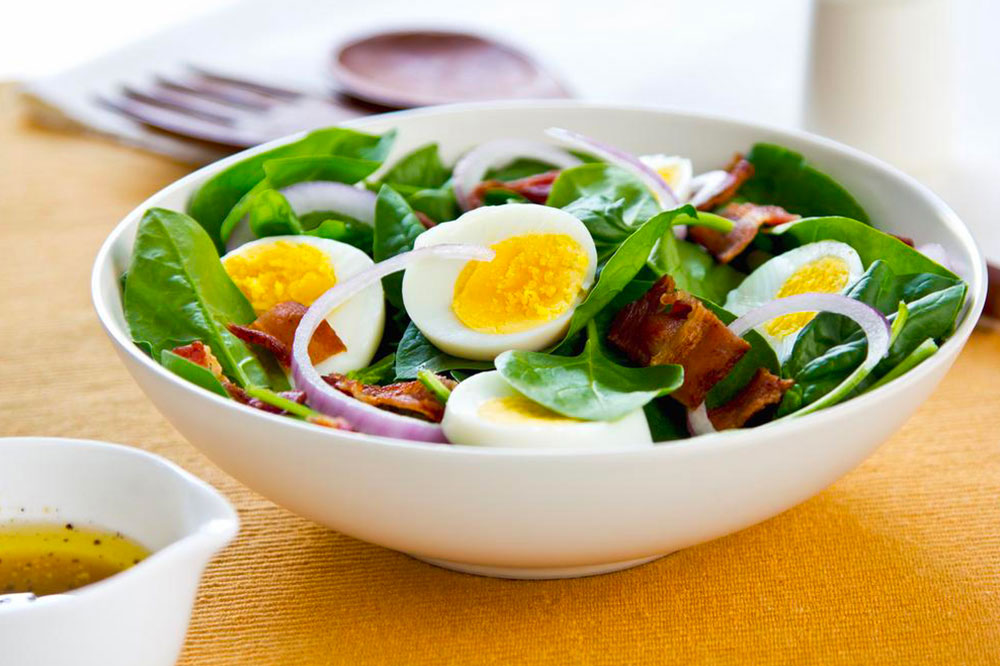Foods to Eat and Avoid for Kidney Diseases

People with kidney disease need to evaluate what they are eating and impose certain restrictions on their diet. It is important to eat foods that do not stress out the kidneys. Avoid eating processed food items. Natural food items are best suited for the body. Try to avoid eating canned food as well. Organic food items may or may not have a higher nutritional value than standard food items, but they are devoid of pesticides and worth the shot. Organic food items are also devoid of GMOs and are a better bet in the long run. All in all, you need to maintain a proper diet for kidney diseases. Here are the tips to help you out.
Protein
Proteins are found in several food items like vegetables, nuts, seeds, dairy products, and meats. Your body needs protein intake to build red blood cells, hormones, and muscles. Try to incorporate a diet composed of proteins among other things. However, all the protein your body needs is 1 gram per kilogram of weight. Moreover, try to avoid eating too much meat as protein wastes are hard on the kidneys.
Follow a moderate protein diet and try to eat more vegetables than meat. Watch your portion sizes and try to eat foods you like best. If you are on dialysis, your meal plan may change again as you will need to eat more protein to cover up for the protein loss during treatment. Maintaining a proper protein diet for kidney diseases is the key.
Phosphorus
When you are following a kidney disease diet plan, you have to limit your phosphorus intake. Phosphorus is found in poultry, fish, beans, dairy products, poultry, cola drinks, and nuts. The problem is that weaker kidneys have a difficulty in removing phosphorus from your blood. Your doctor may prescribe phosphate binders. These are to be taken with each meal and snack to rid your body of phosphorus. Avoid eating food items like cottage cheese, pretzels, frozen food, pickled food, and condiments.
Salt
The body needs salt to control blood pressure and to maintain fluid balance. The problem is that we consume too much of it at times due to processed foods and packaged items. Too maintain your health, avoid eating food items with too much salt. If your blood pressure is high, minimize the salt content in your diet as it can further harm your kidneys and lead to complications. Try to avoid eating meats like bacon because they are cured with salt to preserve it. Ask your medical team the right amount of salt you need for your diet. Do not take salt substitutes as they may be rich with potassium.
Potassium
Potassium is vital for the functioning of the heart. Too little or too much of it can stop your heart. The kidneys are responsible for keeping potassium ranges under check. When you have kidney related diseases, the kidney functionality is weakened and this can lead to several complications. The kidneys are unable to get rid of excess potassium and its build up in the body can be harmful. Limit the amount of potassium in your diet. Certain medications can cause the potassium content in the body to fluctuate, so get a blood test to check your potassium level and figure out what suits you best. Avoid eating avocados, clams, bananas, beets, dried beans, peas, chickpeas, fish, and artichokes.
Fluids
Drinking fluids should not affect the state of your disease. You should also keep in mind that you need not abide by the rule of drinking 8 liters of water per day when suffering from kidney diseases. Food items contain water as well, so you can relax the kidneys and drink a moderate amount of water. One thing you must keep in mind though is to avoid drinking soda. Drinking one glass of soda per day can harm your kidneys and drinking two or more glasses of soda per day can gravely damage your kidney, so be aware!
Sugar
Try to limit your intake of sugar if you are overweight or are suffering from diabetes. Eating the right amount of sugar is the key to maintaining healthy kidneys and keeping your health in check. Have a carbohydrate target per day and abide by it.
Before buying any food item, make sure to read its label. Look for food items with no more than six ingredients. Always opt for fresh food and natural products, and stay away from canned beans and frozen vegetables. Organic vegetables and fruits are a safer bet as well. Avoid food items with BPA content as it is linked to several problems like obesity, diabetes, and high blood pressure. Maintaining a good diet plan is important for a healthy life. Moreover, follow the diet for kidney diseases as prescribed by your doctor.

